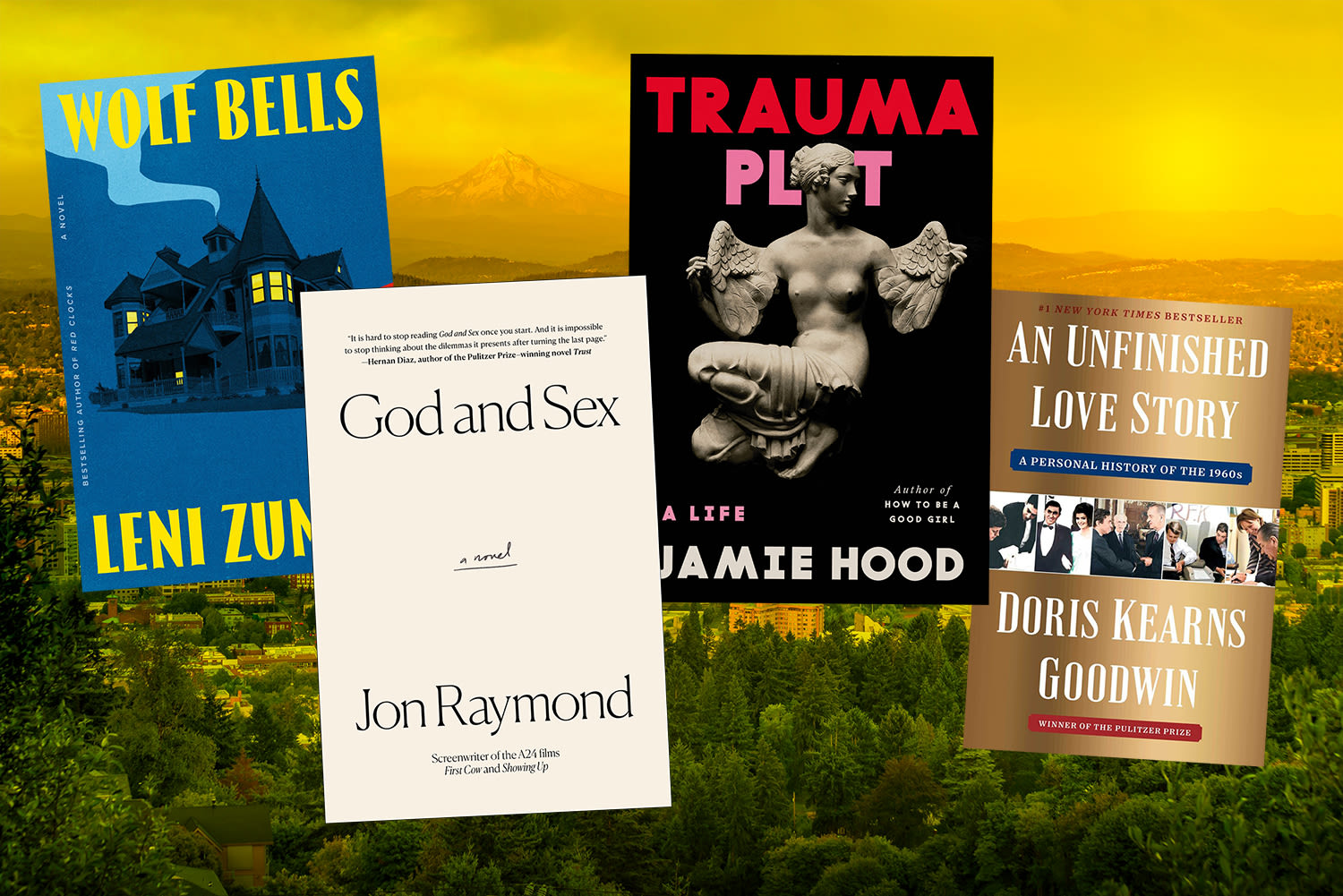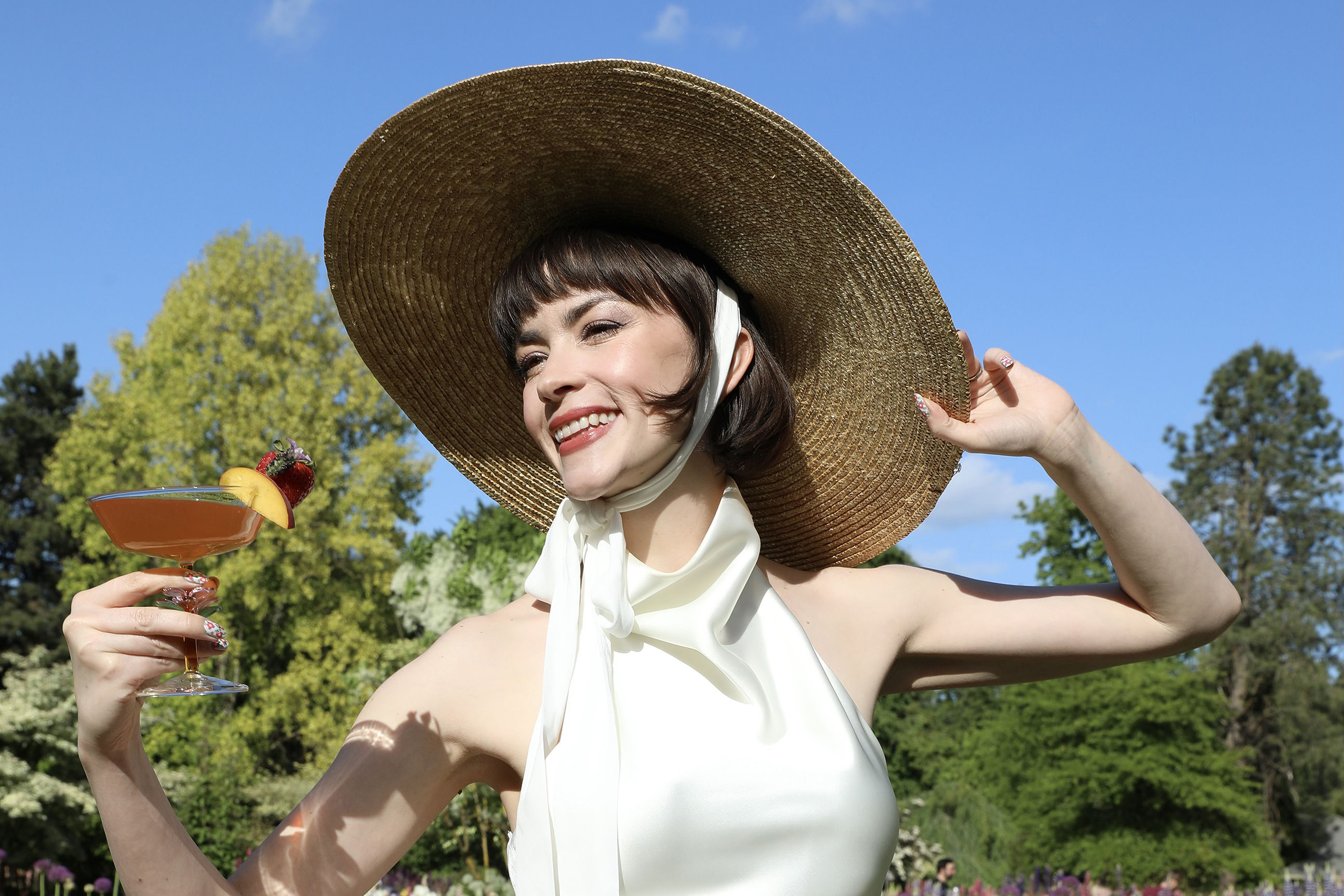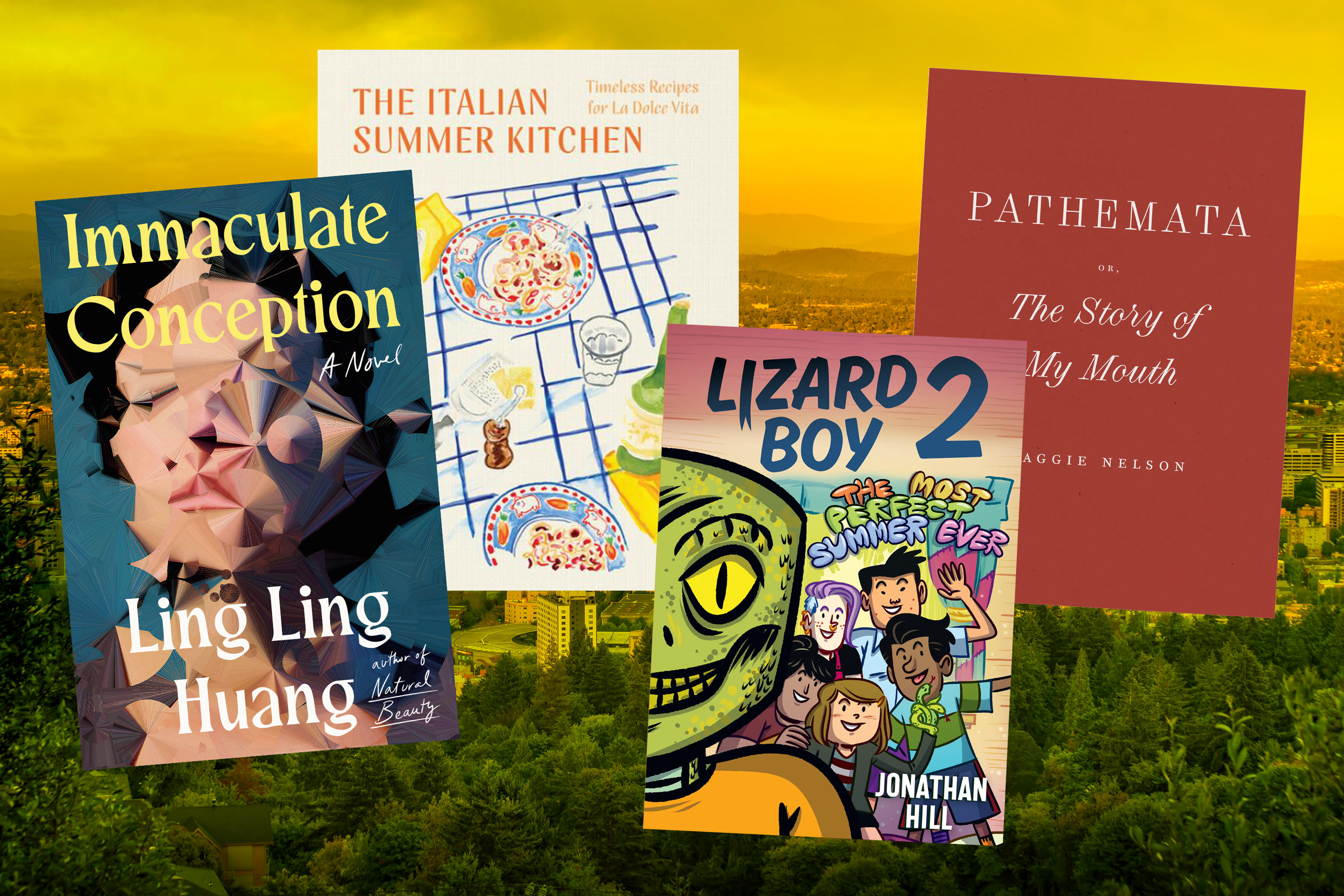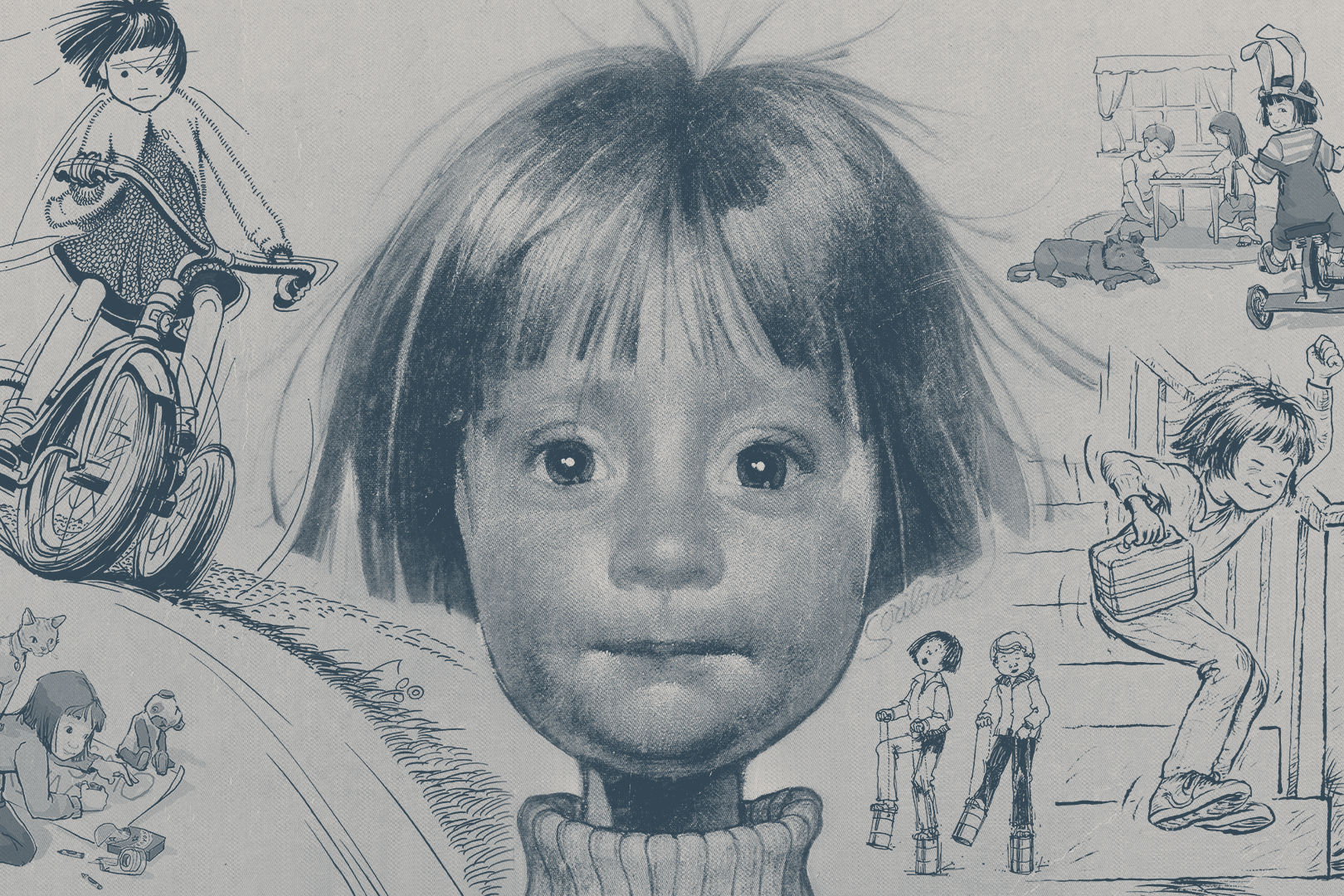
What Ramona Quimby Taught Me about Taking Up Space
Above: A compilation of images from The Art of Ramona Quimby by Anna Katz, published by Chronicle Books 2020. Individual images by, clockwise from top left: Louis Darling, Joanne Scribner, Tracy Dockray, Jacqueline Rogers, Alan Tiegreen, Tracy Dockray.
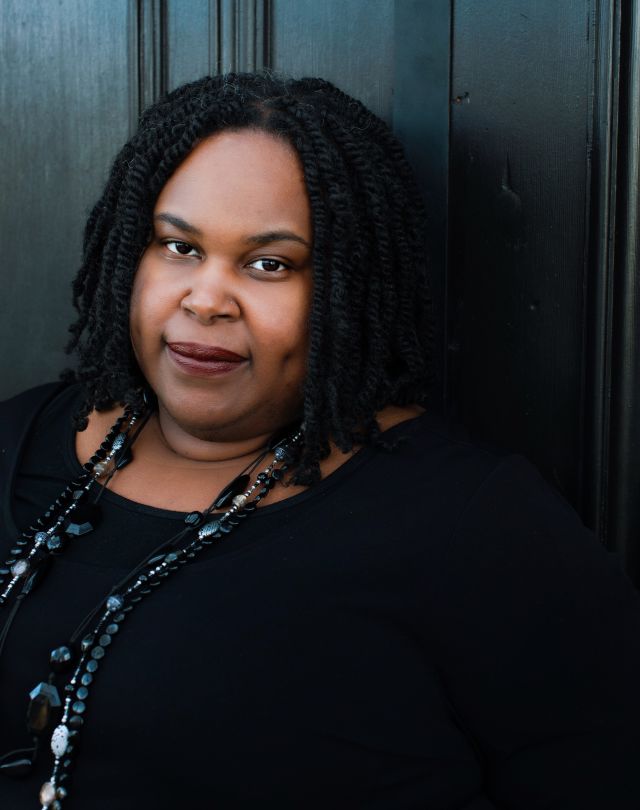
"Before self-love was a popular concept and before I had the courage to ask for what I need, there was Ramona leading the way," says Renée Watson.
Image: Courtesy Shawnte Sims
Ramona Quimby is one of my best friends. We both grew up in Portland, Oregon, and when I was 8 years old, she kept me company when I was lonely. She whispered her stories to me, letting me know it was OK to ask questions, to be angry, to mess up. She taught me to be curious, to find beauty in the simple things—like curls that boing and bounce, like deep puddles good for splashing and stomping in. She laughed loud and cried until there were no more tears left. Ramona was not afraid to show emotion. She wasn’t afraid to take up space. I needed a friend like Ramona.
I remember a day in elementary school when I bragged to my classmates about the new shoes I was going to bring in for show-and-tell. My mother had saved up and given them to me as a gift. When the day came for me to show my new shoes, the entire class laughed at me. My new cool, pink and white sneakers were Pro-Wings from Volume ShoeSource. They were not cool or cute according to the popular, wealthier kids.
Ramona understood me. She knew how embarrassing it can be to be laughed at, how quickly pride can vanish once you realize that what you cherish isn’t cherished by others. When Ramona brought her favorite doll for show-and-tell, she was so excited to share its name—Chevrolet, after her aunt’s car. Chevrolet’s hair was a greenish color because she’d once tried to give it a blue rinse, like her friend’s grandmother got at the beauty shop, and had washed and rewashed it with all kinds of household products not meant for washing hair. The entire class burst into laughter. The doll was considered ugly (like my shoes), and Chevrolet? Not the kind of “pretty” name you give a doll.
Yeah, Ramona understood me.
Ramona admired and loved her big sister, Beezus, and I knew how it felt to be unsure about measuring up to an older sibling, how it felt to compare myself and always feel like I was coming up short.
I connected with Ramona because, like her, I wanted to be seen, validated. Before self-love was a popular concept and before I had the courage to ask for what I need, there was Ramona leading the way. In Ramona the Brave, there is scene where, after a tearful day full of mishaps, misunderstandings, and mistreatment, Ramona looks in the mirror and realizes she is not the girl she thought she was:
“Ramona thought of herself as the kind of girl everyone should like, but this girl…Ramona scowled and the girl scowled back. Ramona managed a small smile. So did the girl. Ramona felt better. She wanted the girl in the mirror to like her.”
She wanted the girl in the mirror to like her.
Above all else, Ramona taught me to like me—even if I had made a mistake, even if I was afraid, even if I didn’t have the material things my peers had. Even when others didn’t show me love. Later, after another terrible crying spell, Ramona’s mother asks her, “What are we going to do with you?”
Ramona answers, “Love me!” Ramona asked for what she wanted. She expressed feelings that most people bottle up, never admit. And because she did, I could, too.
As a child, Beverly Cleary introduced to me to this rambunctious girl, and I loved her. As a grown-up author of children’s books, Cleary provided a road map for me, a guide to writing. The power of her storytelling is the respect she had for young readers. She had a deep understanding that a girl articulating how she feels is an asset, not a flaw. She trusted that children could read books that did not erase hardships, but instead let those hardships exist right next to joy and love, just as they do in real life. She let a middle-class family that argued and forgave and played take center stage without apology or pity.
Her books gave me permission to write about Portland, to name the streets, the stores, the parks, and libraries that raised me. When writing the Ryan Hart series, I reminisced with Ramona, reminding myself of all the ways childhood can feel extraordinary and overwhelming. I wanted to write a series about a Black girl living in the Pacific Northwest. I wanted her to take up space, to love herself and be loved by her parents, sibling, and community. I wanted Ryan to roam Portland’s neighborhoods, splashing about in the rain, taking trips to the public library, playing outside with neighborhood friends. I wanted Ryan to speak up for what she needs, wants. To be OK with trying and failing, to laugh loud and cry out all her tears.
When I talk with young readers during author visits, they often ask who inspired me to be a writer. I tell them about meeting a girl named Ramona, who lived in my city. I tell them about Beverly Cleary and I share with them how it is possible to be mentored by people you have never met, to be inspired by who they are and how they show up in the world. It is possible to have a friend who is not real, but who impacts your life in a meaningful way.
How grateful I am that I have a forever friend in Ramona. Thank you, Ms. Cleary, for introducing us.
Renée Watson is a New York Times bestselling author. Her novel Piecing Me Together received a Newbery Honor and a Coretta Scott King Award. Her other books include Ways to Make Sunshine, Some Places More Than Others, Love Is a Revolution, This Side of Home, What Momma Left Me, Betty Before X, cowritten with Ilyasah Shabazz, and Watch Us Rise, cowritten with Ellen Hagan, as well as two acclaimed picture books: A Place Where Hurricanes Happen and Harlem’s Little Blackbird, which was nominated for an NAACP Image Award. Renée grew up in Portland, Oregon, and splits her time between Portland and New York City. Ways to Grow Love, the newest book in the Ryan Hart series, comes out April 27.
Listen: In this episode of Footnotes, Portland Monthly news editor Julia Silverman talks with author Lydia Kiesling about how Beverly Cleary wrote about motherhood, parenting, and Portland.

